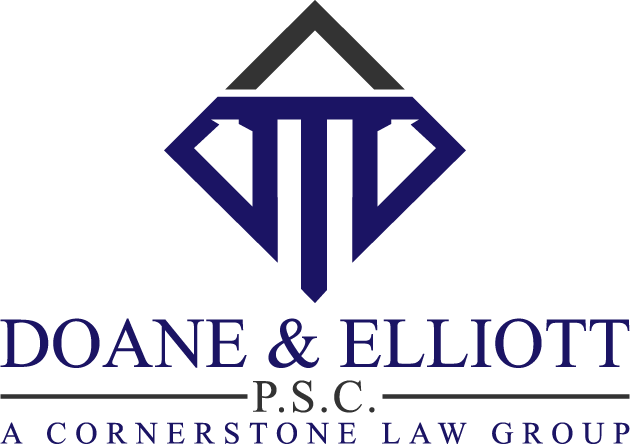Why is the Charlie Brown Christmas program so special to us as lawyers?
On December 21, 2015, Clint Elliott appeared before the Johnson County Board of Education in the hills of Eastern Kentucky representing a young girl who had participated in the Charlie Brown Christmas program at her elementary school. A cold winter rain softly fell as he arrived in Paintsville and found many people from the community praying outside the Board of Education building.
Several weeks before, after a single parent complained, the School Superintendent determined to cleanse the Charlie Brown program of a key moment in the production, forbidding the child playing Linus to speak aloud any Bible verses. Instead, the Superintendent required a moment of silence in place of Linus’ recital of a few lines from the Gospel of Luke commemorating the birth of Christ.
The Board meeting that evening was standing room only with overwhelming community presence. And after considerable testimony from the community, followed by a discussion about religious liberties in public schools, the Board acknowledged that the Superintendent had made a mistake in censoring Linus.
To ensure no confusion about religious freedoms in our public schools going forward, the Kentucky General Assembly later passed, and then-Governor Bevin signed what became known as “The Charlie Brown bill” to protect the freedom of religious expression in our public schools. Toward that end, the bill, amending Kentucky Revised Statute 158.183, simply recognizes what the First Amendment of the United States Constitution already guarantees:
Students may express religious viewpoints in classroom, homework, artwork, and other written and oral assignments.
Local boards of education shall permit schools to sponsor artistic or theatrical programs that advance students’ knowledge of society’s religious heritage and provide opportunities for students to perform a wide range of music, literature, and drama.
Teachers may teach about religion in public schools and use the Bible for the study of religious history, the role of religion in our nation’s history, and religious influences on art, music, literature, and social studies.
Teachers also may teach about religious holidays, including their religious aspects, and celebrate the secular aspects of those holidays.
You can find “The Charlie Brown bill” here, as well as a copy of KRS 158.183 here.
So, the next time someone tries to tell you that “they” took religion and the Bible out of schools, remind them of the Charlie Brown story and how the people of Johnson County took a stand for freedom one Christmas in 2015.
Merry Christmas from Doane & Elliott, P.S.C.
